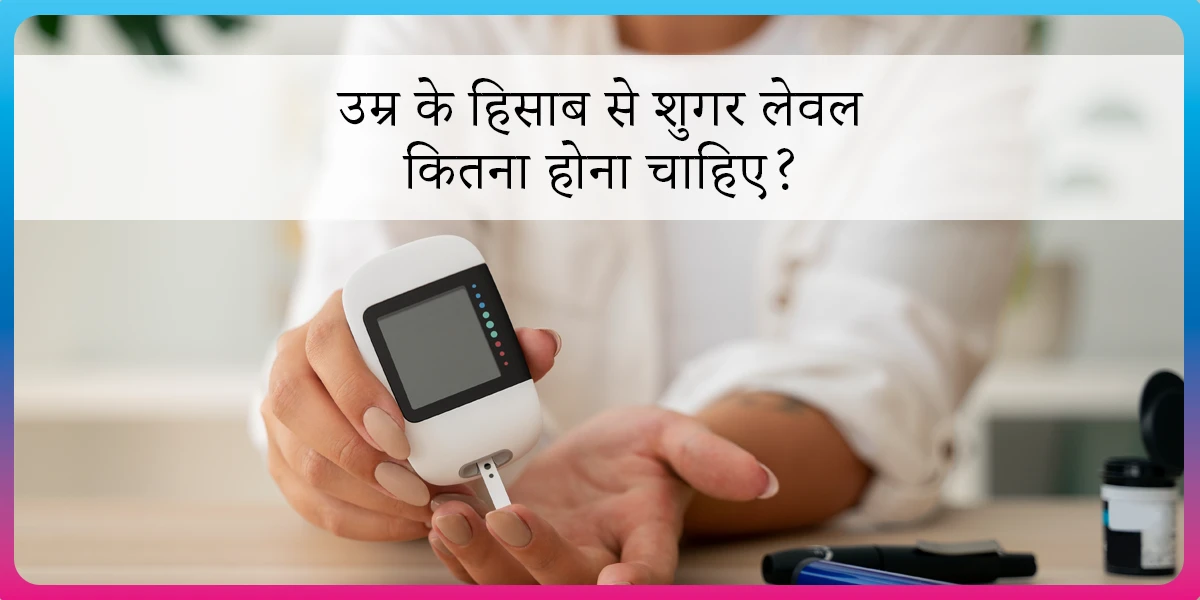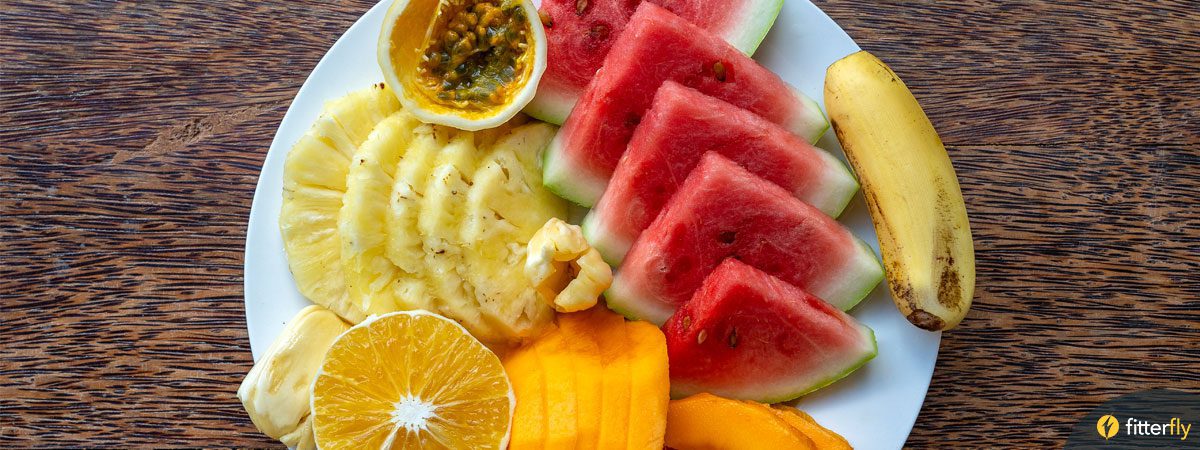Prevention Is Better Than Cure in Diabetic Kidney Disease: How About Fruits and Vegetables for Thought?

According to recent estimates, more than 40% of people with diabetes are at risk of developing CKD, with a significant proportion who will develop kidney failure requiring dialysis and/or kidney transplantation (KDIGO 2020 guidelines).
The two major risk factors for CKD and ESKD are diabetes mellitus and hypertension which are associated with obesity and metabolic syndrome and possibly lifestyle modification can provide potential benefits in managing these risk factors.
Nutrition Targets in DKD
Even though the nutrition targets for adults with diabetes and DKD are more or less the same which include achieving normal blood glucose, blood lipids, and blood pressure levels, healthy body weight and prevention of complications of diabetes.
These targets are very difficult to achieve in persons with DKD due to complex inter-relationships between and effects of specific macronutrients and micronutrients on kidney function.
This is imperative in managing patients with established CKD as those might require dietary modifications that are absolutely different from those required for primary prevention.
The dietary modifications for DKD are recommended for protein, carbohydrates, fat, and salt intake. A tailored approach in the form of a program for dietary interventions seems an appropriate option in these patients.
The dietary modifications include a low protein diet and a dietary sodium restriction (less intake of salt) confers benefits in CKD patients with diabetes. A higher intake of fruits and vegetables can improve outcomes and reducing cardiovascular risk (improves heart health). 2
Diet concepts in patients with diabetes and CKD
- An individualized diet rich in vegetables, fruits, whole grains, fiber, legumes, plant-based proteins, unsaturated fats, and nuts; and lower in red meats, refined carbohydrates, and sweetened beverages 1
- Patients treated with hemodialysis are advised to consume between 1.0 and 1.2 g protein/kg (weight)/d 1
- Try to attain a healthy weight 3
- Avoid high intake of fats especially saturated and trans-fats 3
- Include olive oil and canola oil in your diet as sources of omega3- & 6 fatty acids 3
- A sodium intake of less than 2 g of sodium per day is recommended 3
Primary prevention by modifying lifestyle factors can reduce the risk of CKD
In a study conducted on adults (total 2,755,719 participants) who had reported lifestyle exposures (diet, physical activity, alcohol consumption), the following findings were reported: 4
- High consumption of vegetables reduced risk by 21% 4
- Moderate alcohol intake reduced risk by 15% 4
- Higher sodium intake increased the risk by 21% 4
- Increased physical activity reduced the risk by 18% 4
Recommendations of KDIGO 2020 on lifestyle modifications in patients with diabetes and CKD
Nutrition recommendations
- A low protein intake of 0.8 g protein/kg (weight)/d for those with diabetes and CKD not on dialysis 1
- A sodium intake be <2 g of sodium per day in patients with diabetes and CKD 1
Physical activity recommendations
- Recommended to undertake moderate-intensity physical activity for a duration of at least 150 minutes/ week depending upon their heart health and physical compatibility level. 1
- For patients at higher risk of falls, physical exercise should be personalised in terms of strength of physical activity (low, moderate, or vigorous) and the type of exercises (aerobic vs. resistance, or both). 1
Key words: CKD: chronic kidney disease; CVD: cardiovascular disease; DKD: Diabetic Kidney Disease; ESKD: end-stage kidney disease; KDIGO: Kidney Disease Improving Global Outcomes
This blog provides general information for educational and informational purposes only and shouldn't be seen as professional advice.
Fitterfly's Diabetes Prime Program
clinical term for Diabetes Reversal





 References
References









